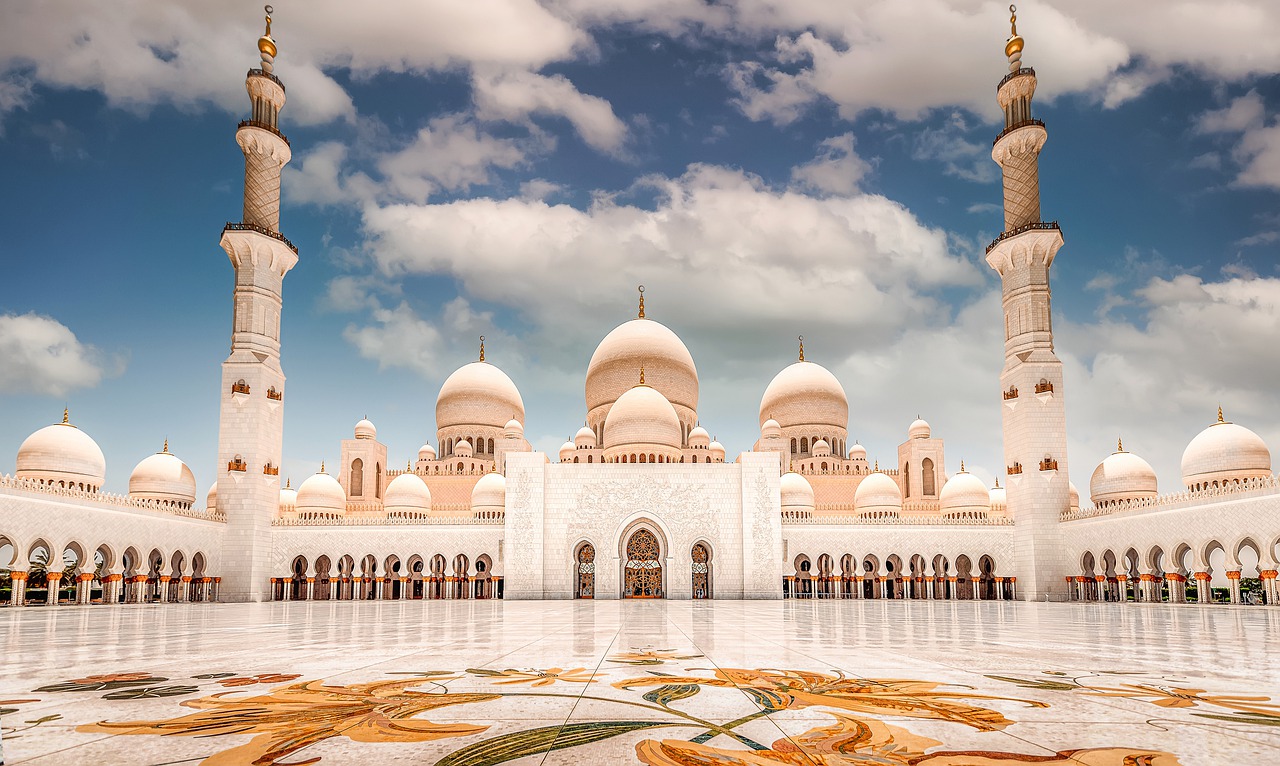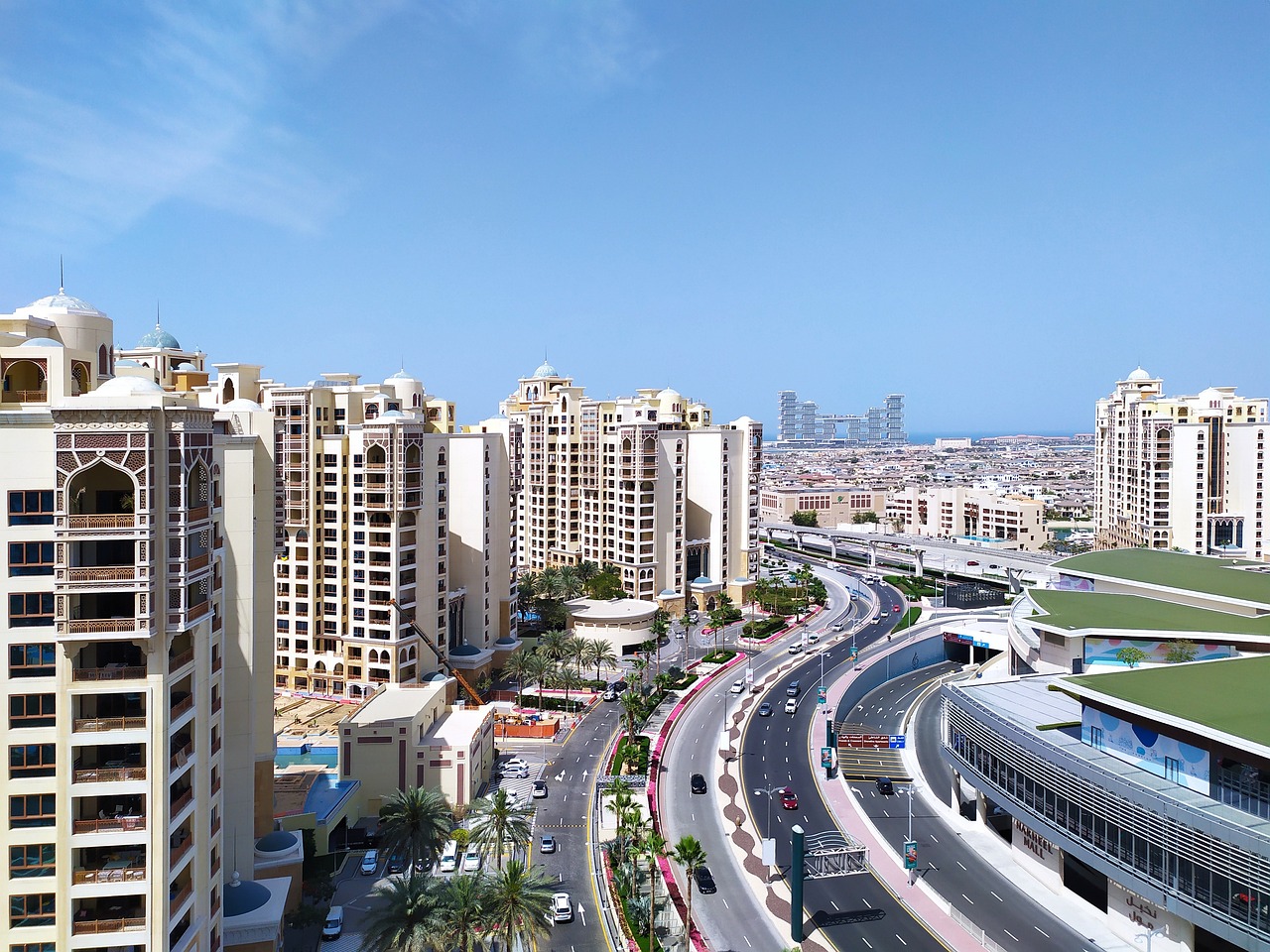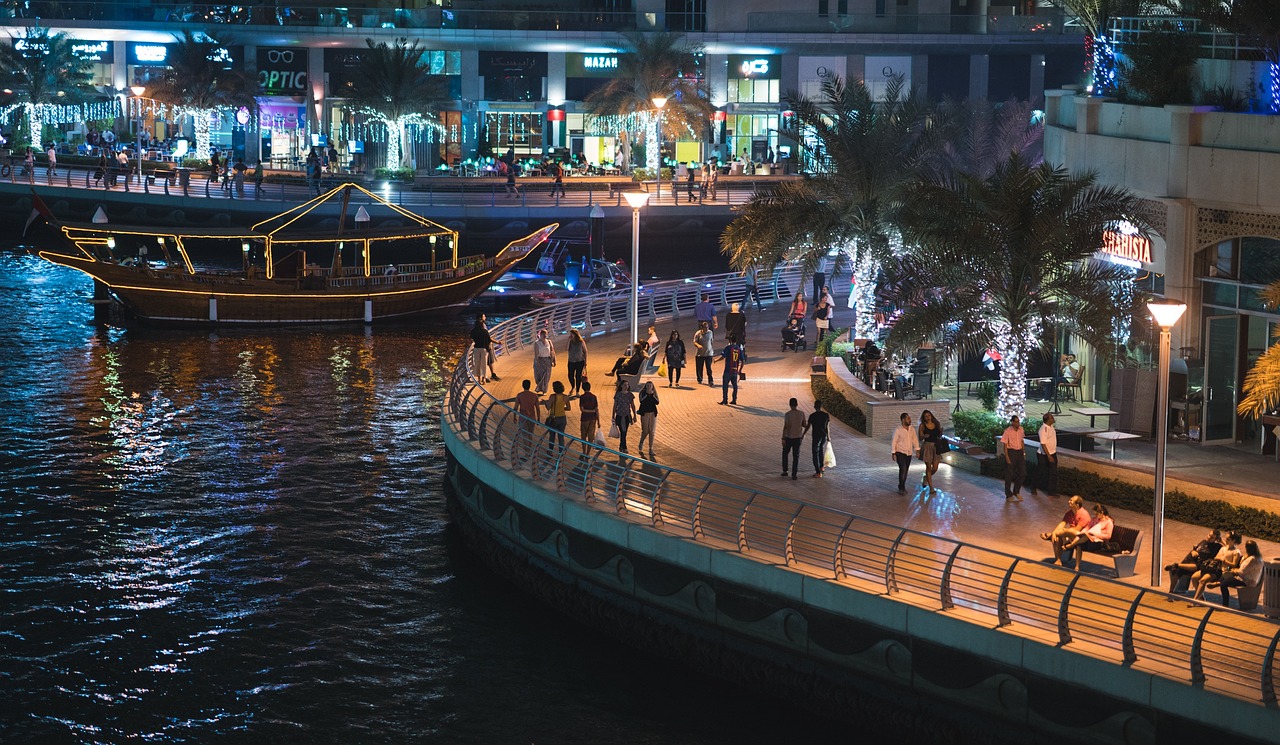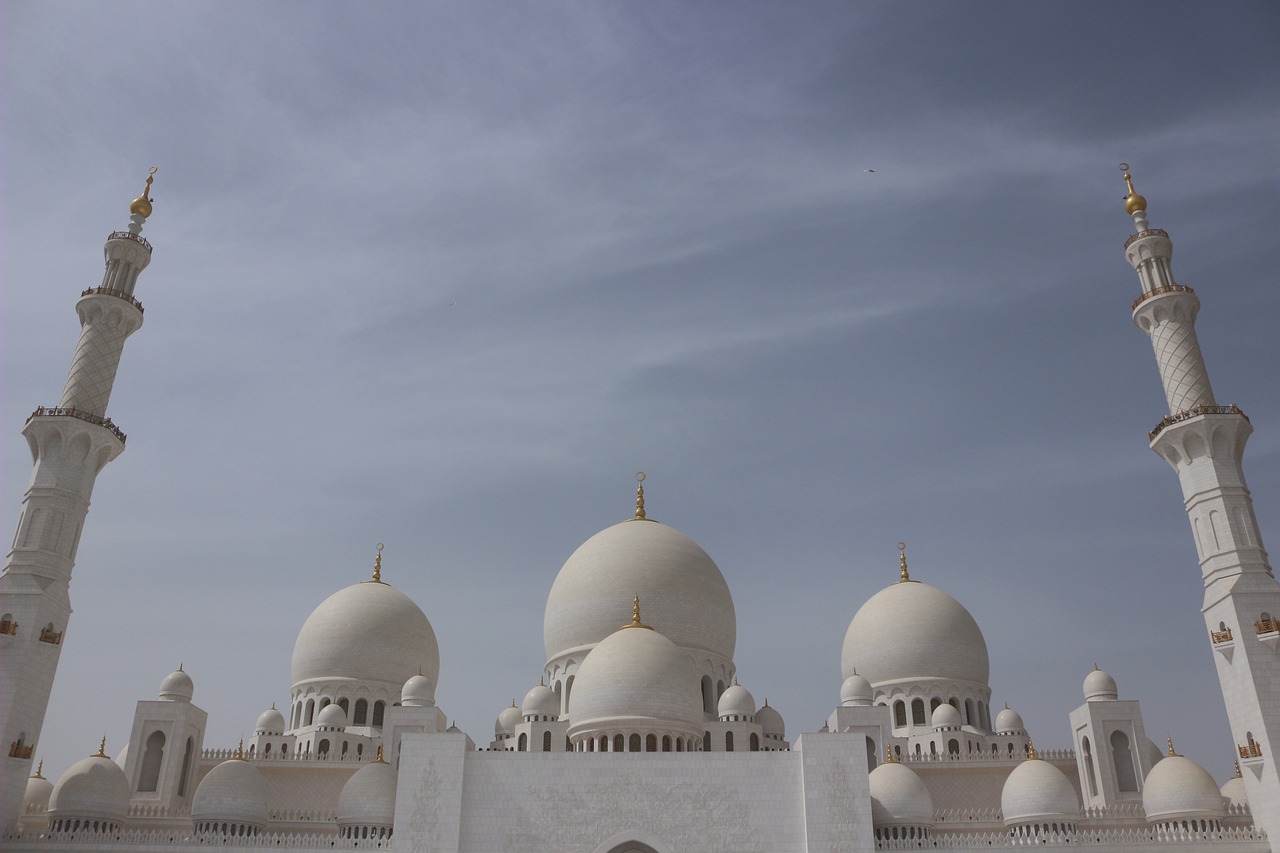United Arab Emirates Video
Cultural Sensitivities: Understanding Local Norms in United Arab Emirates
The United Arab Emirates (UAE) is a country located in the Middle East, known for its rich culture and heritage. As a visitor or expatriate, it is essential to understand and respect the local norms and cultural sensitivities to ensure a harmonious and respectful experience. This article will provide a comprehensive guide to understanding the cultural nuances of the UAE, covering various aspects such as greetings, dress code, religious customs, social etiquette, and more.
Greetings and Communication
When greeting someone in the UAE, it is customary to exchange a warm and friendly handshake. However, it is important to note that some locals may prefer not to shake hands with the opposite gender due to religious beliefs. In such cases, it is respectful to wait for the person to initiate the greeting. Additionally, it is common to address people with their titles and last names, especially in formal settings.
- Traditional Greetings: Emiratis often greet each other with the phrase “As-salamu alaykum,” which means “Peace be upon you” in Arabic. Responding with “Wa alaykum as-salam” shows respect and acknowledges the greeting.
- Avoiding Physical Contact: Public displays of affection, including hugging and kissing, should be avoided in public as they are considered inappropriate.
- Eye Contact: Maintaining eye contact during conversations is seen as a sign of respect and attentiveness.
Dress Code
The UAE has a modest dress code influenced by Islamic traditions. While tourists and visitors are not expected to follow the same level of modesty as locals, it is still important to dress respectfully, especially in public areas and religious sites.
- Women’s Attire: Women should dress modestly, covering their shoulders and knees. It is advisable to avoid wearing tight or revealing clothing.
- Men’s Attire: Men are expected to dress modestly as well, with shirts and trousers being the norm.
- Mosques: When visiting mosques, both men and women should dress conservatively, with women covering their hair with a scarf.
Religious Customs
Islam is the official religion of the UAE, and religious customs and practices are deeply respected and observed. It is crucial to be aware of and respect these customs during your stay in the country.
- Prayer Times: Muslims in the UAE adhere to the five daily prayers, and it is common to hear the call to prayer from the mosques. During prayer times, it is polite to refrain from interrupting or engaging in loud activities.
- Ramadan: Ramadan is a significant month in the Islamic calendar, during which Muslims fast from dawn to sunset. Non-Muslims are expected to respect the fasting period by refraining from eating, drinking, or smoking in public during daylight hours.
- Islamic Holidays: The UAE celebrates various Islamic holidays, such as Eid al-Fitr and Eid al-Adha. It is customary to greet Muslims with “Eid Mubarak” during these festive occasions.
Social Etiquette
Understanding the social etiquette in the UAE can greatly enhance your interactions with locals and help you navigate various social situations.
- Respecting Elders: Showing respect to elders is highly valued in Emirati culture. It is customary to greet and engage with older individuals first.
- Gift Giving: When invited to someone’s home, it is customary to bring a small gift, such as flowers or chocolates, as a token of appreciation.
- Accepting Hospitality: Emiratis are known for their warm hospitality. If invited to someone’s home, accepting their hospitality is considered polite and respectful.
Cuisine and Dining Etiquette
Emirati cuisine reflects a blend of Middle Eastern and Asian influences. When dining in the UAE, it is important to be aware of the local dining customs.
- Eating with the Right Hand: Emiratis traditionally eat with their right hand, using bread or utensils to scoop up food.
- Sharing Meals: It is common for Emiratis to share meals, with dishes being placed in the center of the table for everyone to enjoy.
- Accepting Second Helpings: When offered a second serving of food, it is polite to accept, as it signifies the host’s generosity.
Business Etiquette
The UAE has a vibrant business culture, and understanding the local business etiquette is crucial for successful professional interactions.
- Punctuality: Being punctual for business meetings and appointments is highly valued in Emirati culture.
- Formal Attire: Business attire in the UAE is typically formal, with men wearing suits and ties and women opting for conservative dresses or suits.
- Building Relationships: Emiratis prioritize building personal relationships before conducting business. Taking the time to establish rapport and trust is essential.
United Arab Emirates Image 1:

Art and Entertainment
The UAE is home to a vibrant arts and entertainment scene, with numerous galleries, museums, and cultural festivals to explore.
- Traditional Arts: Emirati culture is rich in traditional arts such as calligraphy, henna painting, and falconry. These art forms are deeply rooted in the country’s heritage.
- Modern Art: The UAE has also embraced contemporary art, with world-class galleries showcasing local and international artists.
- Festivals and Events: The UAE hosts various cultural festivals and events throughout the year, offering visitors a chance to experience the country’s vibrant traditions.
United Arab Emirates Image 2:

Local Customs and Traditions
Emirati customs and traditions play a significant role in shaping the country’s cultural identity. Understanding and respecting these customs can help you appreciate the local way of life.
- Camel Racing: Camel racing is a popular traditional sport in the UAE. Visitors can witness these races and learn more about the Emirati passion for camel breeding.
- Dhow Cruises: Dhow cruises offer a unique experience to explore the UAE’s coastal beauty while enjoying traditional entertainment and cuisine.
- Traditional Music and Dance: Emirati music and dance forms, such as the Ayala and Liwa, showcase the rich cultural heritage of the UAE.
United Arab Emirates Image 3:

Conclusion
The United Arab Emirates is a country that values its cultural traditions and customs. By understanding and respecting the local norms, visitors can have a more meaningful and enjoyable experience in this diverse and hospitable country. Whether it’s greeting people, dressing appropriately, following religious customs, or engaging in social and business interactions, embracing the cultural sensitivities of the UAE will ensure a positive and respectful encounter with the local community.
References
– visitdubai.com
– uaetourism.ae
– emirates.com
– timeoutabudhabi.com
– thenational.ae


